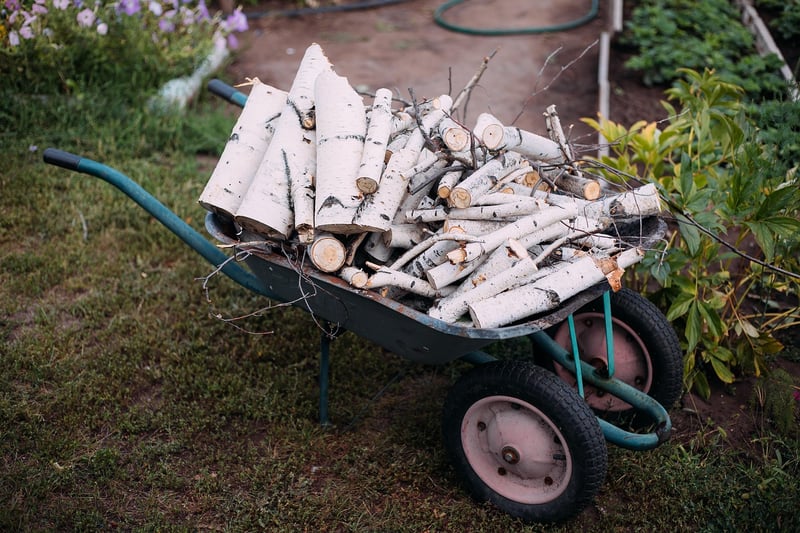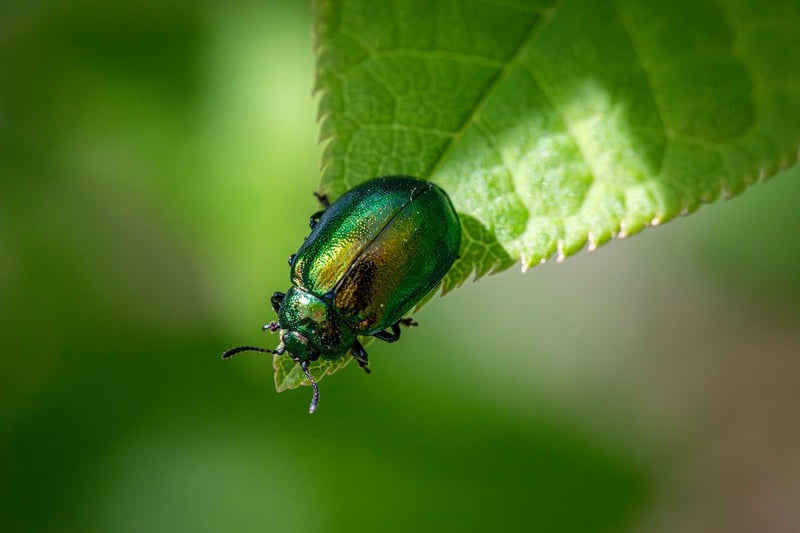Pest control methods
Tips for Caring for Vertical Gardens
Introduction
Vertical gardens are a fantastic way to bring greenery into small spaces and add a touch of nature to urban environments. However, caring for vertical gardens requires some specific attention to ensure the plants thrive and remain healthy. Here are some essential tips for maintaining vertical gardens.
1. Proper Watering
Ensure that your vertical garden receives adequate water. Since vertical gardens have a smaller soil volume, they can dry out quickly. Consider installing a drip irrigation system or hand-watering regularly to ensure all plants receive enough moisture.
2. Adequate Sunlight
Place your vertical garden in a location that receives sufficient sunlight for the specific plants you are growing. Most plants require at least 6 hours of sunlight a day to thrive. Monitor the sunlight levels throughout the day to ensure your plants are getting what they need.
3. Regular Pruning
Prune your plants regularly to encourage healthy growth and prevent overcrowding. Remove any dead or yellowing leaves, as well as any pests that may be hiding in the foliage. Pruning also helps improve air circulation within the vertical garden.
4. Fertilization
Use a slow-release fertilizer or organic compost to provide essential nutrients to your plants. Vertical gardens have limited soil, so regular fertilization is crucial for plant health. Be careful not to over-fertilize, as this can harm your plants.
Pest Control Methods
1. Neem Oil
Neem oil is a natural insecticide that can help control common pests in vertical gardens, such as aphids, spider mites, and whiteflies. Dilute neem oil according to the instructions and spray it on the affected plants to repel pests.
2. Insecticidal Soap
Insecticidal soap is an effective and safe way to control soft-bodied pests like mealybugs and scale insects. Spray the insecticidal soap directly on the pests, making sure to cover them thoroughly. Repeat the application as needed.
3. Beneficial Insects
Introduce beneficial insects like ladybugs or lacewings to your vertical garden to help control pest populations naturally. These insects feed on common garden pests and can help maintain a healthy balance in your garden.
4. Diatomaceous Earth
Diatomaceous earth is a natural pest control method that can be sprinkled around the base of your vertical garden to deter crawling insects like ants and slugs. Make sure to reapply after rain or watering.
Conclusion
By following these tips for caring for vertical gardens and implementing effective pest control methods, you can ensure that your vertical garden remains healthy and vibrant. With proper maintenance, you can enjoy a lush and thriving green space in even the smallest of areas.


